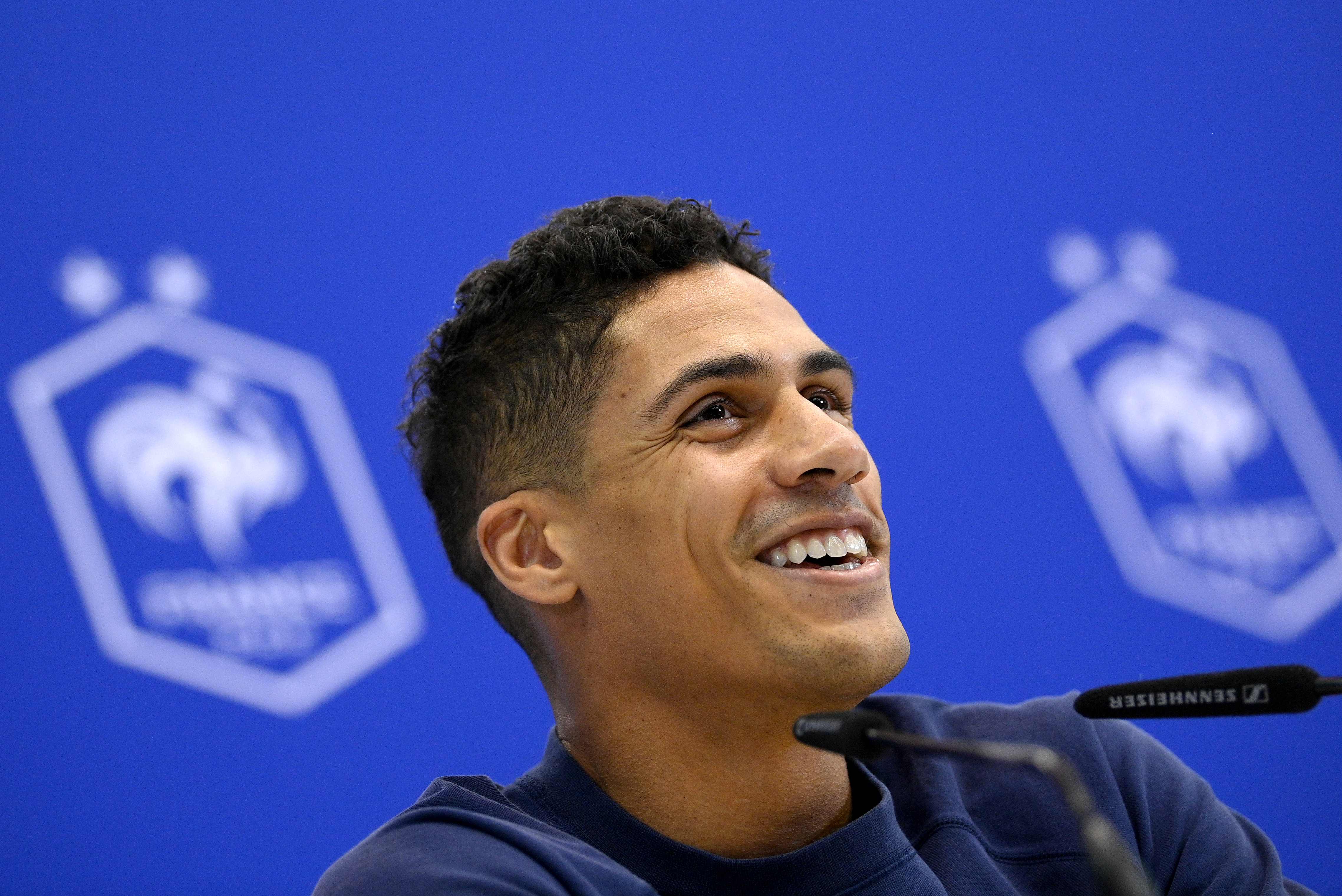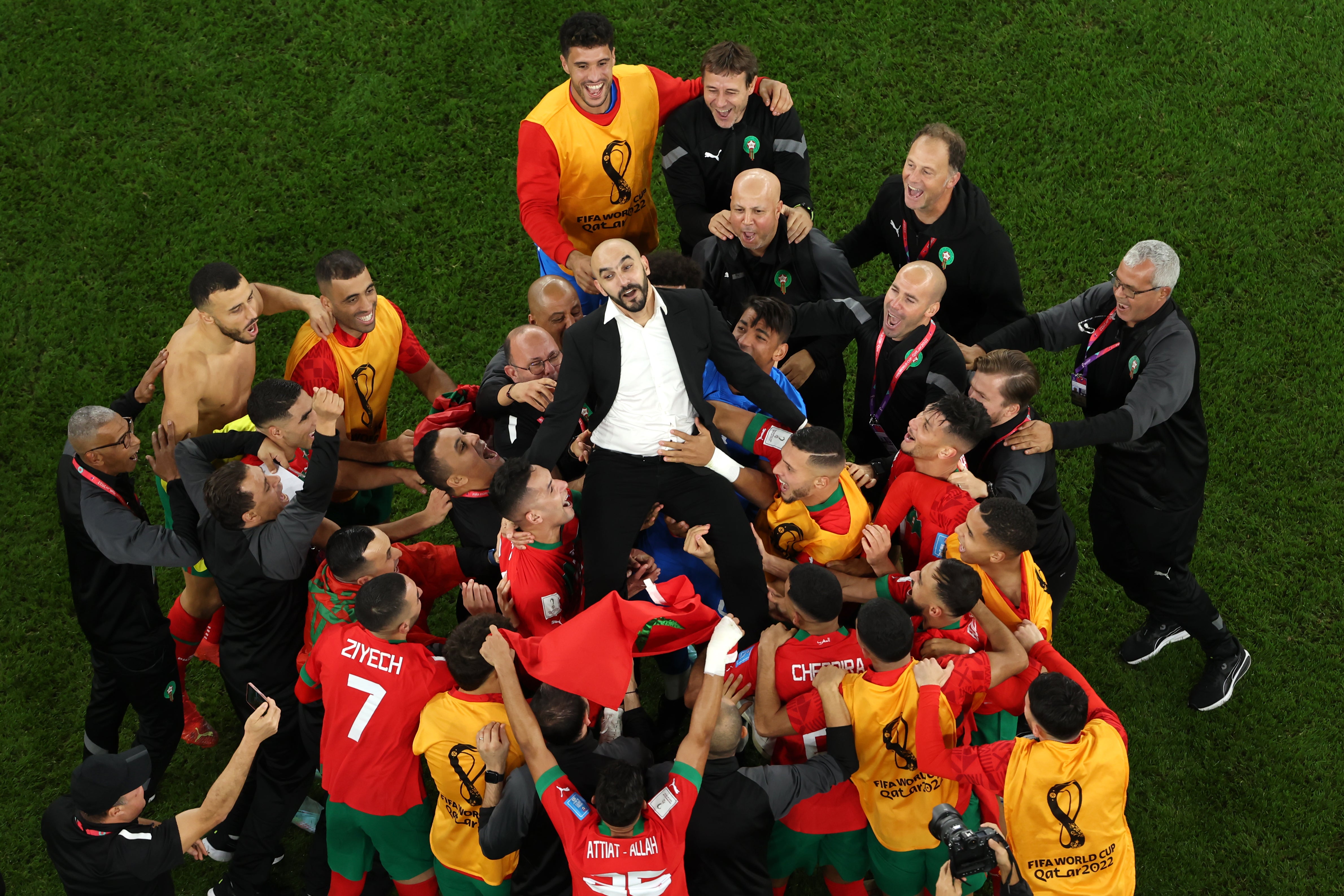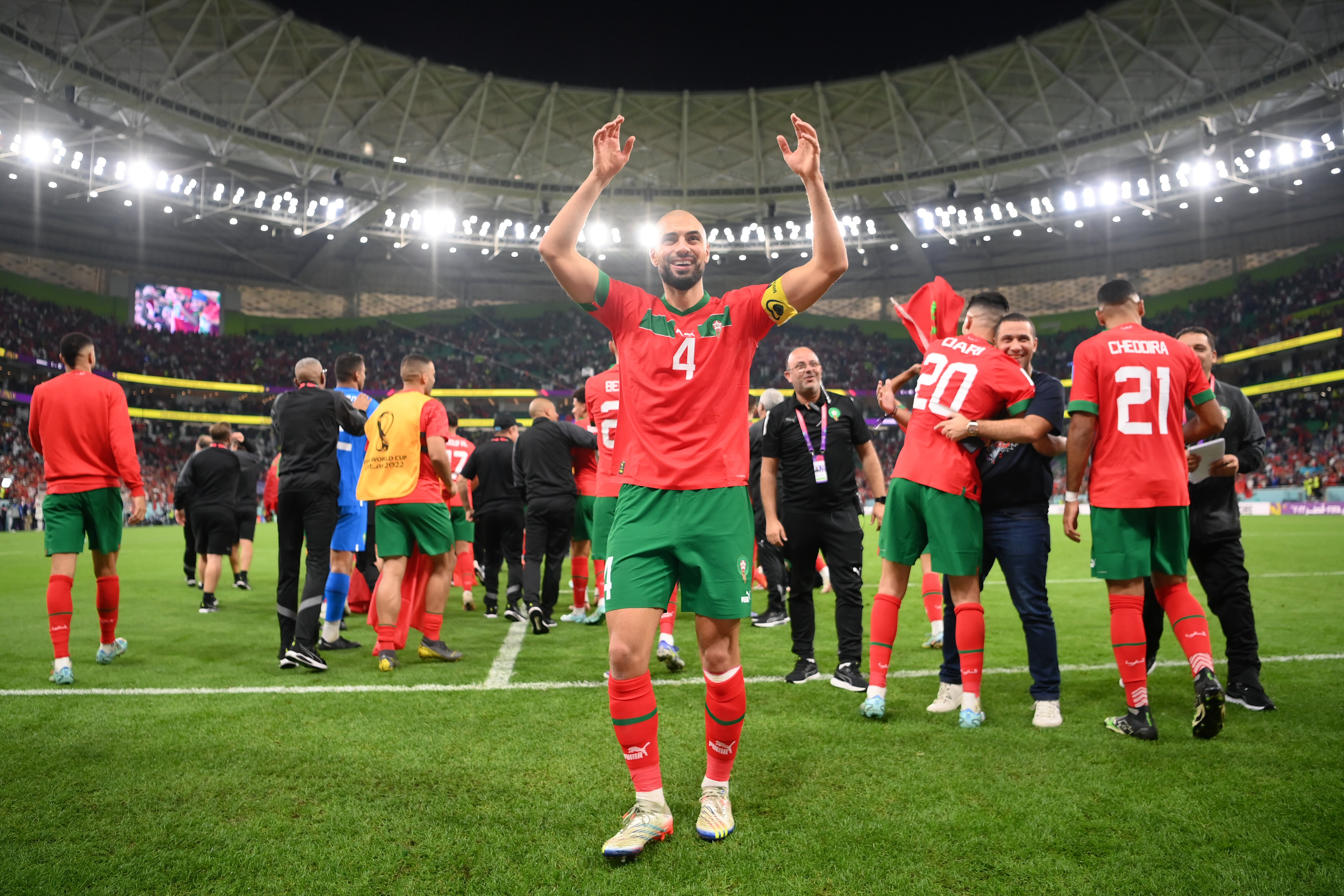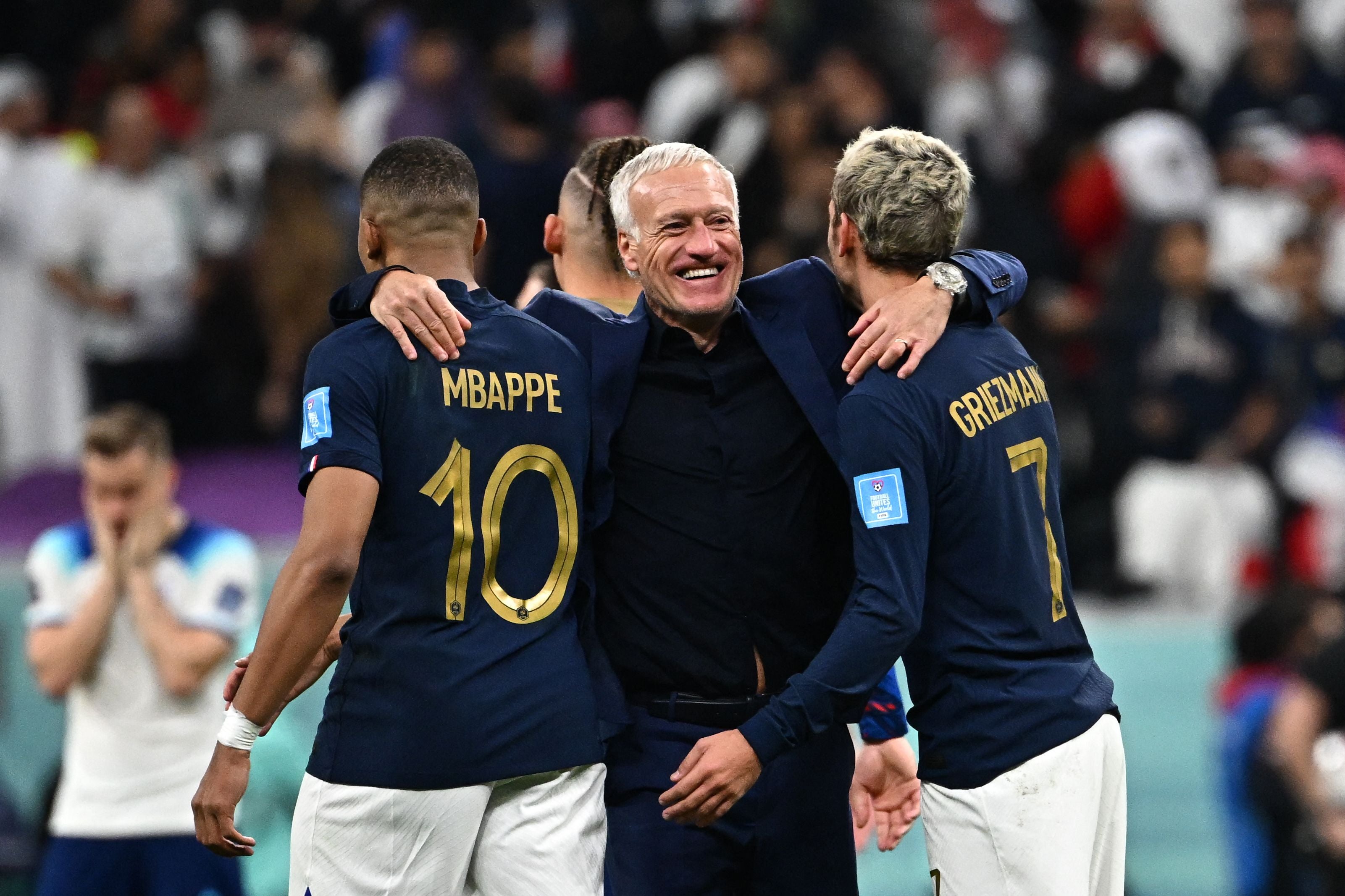How Antoine Griezmann reinvented himself as France’s midfield conductor
Even during the tournament itself Griezmann was afforded a rest in France’s inconsequential third group game while Kane started every England match. Kane battled well, held up the ball and linked play at times, but he also looked weary and lacked the mobility or sharpness to, say, make the sort of near-post run from which 36-year-old Olivier Giroud scored France’s winning goal.
That is not to criticise an overworked Kane but it goes some way to explaining why Griezmann looks fitter and fresher than ever. A player under Diego Simeone is used to hard work but it has been especially notable here: in France’s last-16 match with Denmark nobody ran further than Griezmann’s 11.3km, and he was everywhere in their quarter-final win over England too, completing the most pressures and making the second-most passes of any French player.
Griezmann’s three assists are a joint-leading total at this World Cup, and his expected assists (a measure of the quality of chances created) is a tournament-high 2.9, well clear of other renowned creators like Lionel Messi and Bruno Fernandes. Yet on top of his creative powers and relentless running, Griezmann has evolved into a more complete footballer.
The numbers paint a picture of how his sphere of influence has shifted. Four years ago en route to winning the 2018 World Cup, Griezmann took more touches in the final third than the middle or defensive thirds; here in Qatar his most frequent area on the ball is the middle third. He records fewer penalty area touches per match, dribbles less, takes fewer shots and scores fewer goals; yet he now makes more tackles and interceptions, and takes significantly more touches overall.
Didier Deschamps celebrates with Kylian Mbappe and Griezmann
Griezmann has gone from potent No10 to box-to-box midfielder; from goal threat to conductor, string-puller, even occasionally France’s deep tempo-setter. It is a shift he has shown occasionally at Atletico too and it could be where his future lies. There are shades of Luka Modric in Griezmann’s ability to receive the ball in tight spaces in his own half, the endless energy, the tenacity when an opponent is near.
All this is to his credit: as one narcissistic captain has shown in recent weeks, it takes genuine humility to accept your changing strengths and refine your game accordingly.
“He’s playing a different role but he loves it,” Didier Deschamps said on Tuesday. “His No1 role is not ball-winning but he always puts the team above his personal goals. With his left foot he’s so gifted, he can create chances for teammates at any time. He’s extremely hard-working, he’s been a top player for 10 years now. And like all world-class players, he’s at his best in the biggest games.”
Recommended
The 2018 platform of N’Golo Kante and Paul Pogba would likely have started this World Cup had they been fully fit, but more by accident than design Deschamps has stumbled upon a midfield trio who complement each other’s strengths, a blend of experience and youth, of precocious talent and established nous. The 22-year-old Aurelien Tchouameni is the guard, the deep-lying prompter; 27-year-old Adrien Rabiot is the roving nuisance who harries and harasses, who pinches the ball from an opponent’s toes and forays forwards too, under the cover provided by France’s bright attacking lights.
And then there’s Griezmann, flitting across the pitch in subtle bursts of influence. Kylian Mbappe and Giroud have got the goals at this World Cup but Griezmann has been France’s outstanding player. He picked up two assists against England; next in his sights is Morocco, and the meanest defence so far. Morocco are organised and determined with a deadly sting that has already killed off European giants Belgium, Spain and Portugal. But if they are to progress to the final, they will first have to beat a tireless Griezmann.
Source: Read Full Article






